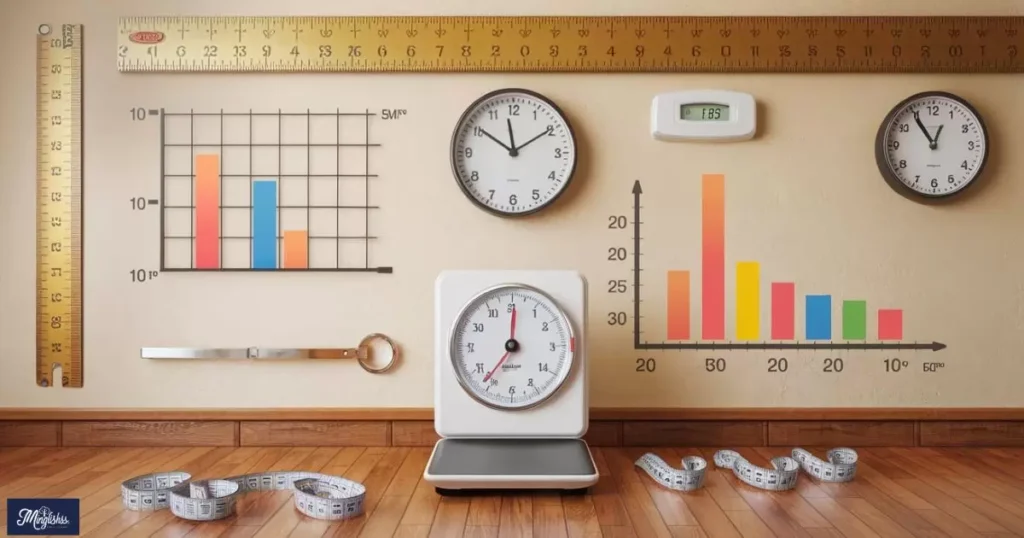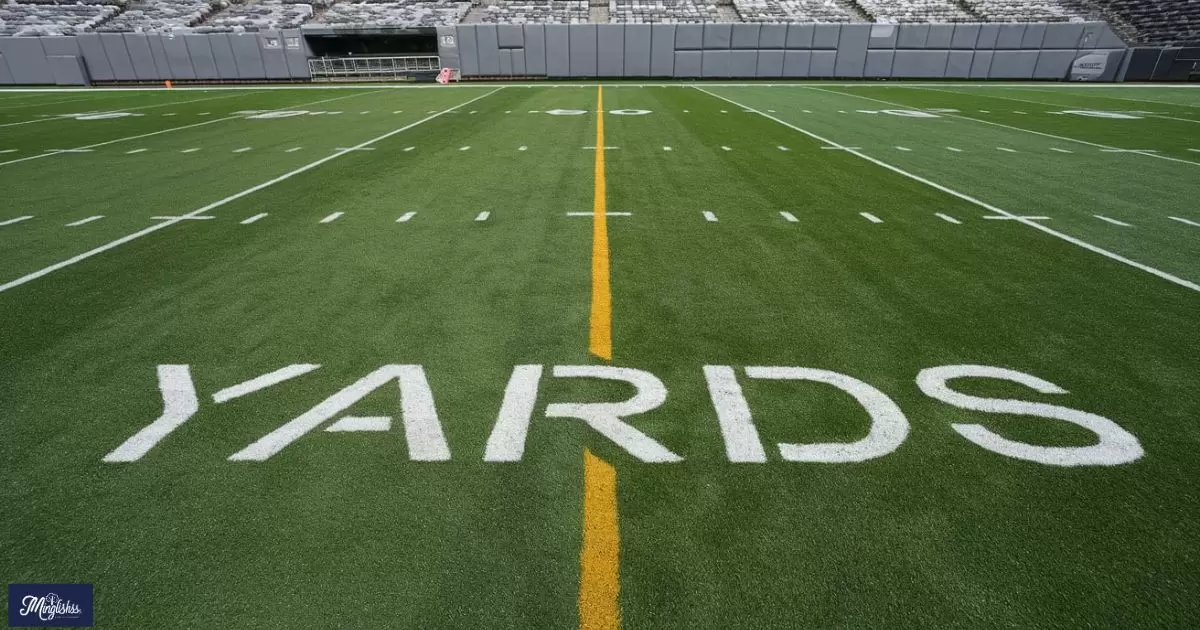“In the world of measurement, understanding yard terminology can make your life easier. Let’s break it down step by step!“
When it comes to measuring distances, the term “yard” is frequently used. Whether you’re discussing the length of a garden, a sports field, or even fabric for your latest DIY project, understanding how to measure in yards and how to abbreviate the word “yard” can save you time and confusion.
This simple unit of measurement is often misunderstood, yet it plays a key role in daily life, from sports to construction.
If you’re like many who have found themselves asking, “What does ‘yd’ stand for?” or “How do I properly use this term?” then you’re in the right place. Taking the time to familiarize yourself with both the full word “yard” and its abbreviation “yd” can simplify many measurement tasks, whether you’re working on a project, planning a yard sale, or watching a football game.
In this blog post, we’ll cover everything you need to know about yards and their abbreviation. From how to use “yard” in various contexts to how the abbreviation “yd” fits into our day-to-day language, you’ll gain a clearer understanding of this commonly used term. Let’s dive into it!
What is a Yard?
A yard is a unit of measurement that is part of the Imperial system and is used primarily in countries like the United States and the United Kingdom. A yard equals 3 feet or 36 inches, making it an easy-to-use unit for measuring length or distance. While the metric system uses meters, the yard remains a significant measure in various fields, particularly in sports and home improvement.
The term “yard” is commonly used in various ways: describing dimensions, talking about sports fields, or referring to lengths of fabric. Whether it’s measuring how far the ball went during a football game or figuring out the size of a backyard, yards play a significant role in day-to-day conversations and activities.
Understanding the Abbreviation for Yards
When discussing measurements, it’s common to use abbreviations to save time and space. The abbreviation for the yard is “yd.” This short form is widely recognized and used in many situations, from construction plans to fabric store receipts. Using abbreviations makes documentation more efficient, especially in professional settings where time is of the essence.
For example, if you’re reading a building plan, you might see a line that reads “10 yd” instead of “10 yards.” This abbreviation keeps things clear and concise, ensuring that there’s no unnecessary confusion when interpreting measurements.
Yard vs. Other Units of Measurement

The yard is part of the Imperial system, while many other countries use the metric system, which includes units such as meters and centimeters. Understanding how the yard compares to other units of measurement can help you switch between systems more easily.
- 1 yard = 3 feet
- 1 yard = 36 inches
- 1 yard = 0.9144 meters
Knowing these equivalents will allow you to convert between units quickly. For example, if you need to convert yards to meters, multiply by 0.9144. This knowledge can be particularly useful when traveling or dealing with international projects.
Grammar Basics: An In-Depth Look at Adverbs and Their Classification
Common Uses of Yards
Yards are frequently used in sports, home improvement projects, landscaping, and construction. For instance, the size of a football field is typically measured in yards, with a standard American football field being 100 yards long. Similarly, yards are used to describe the dimensions of fabric, carpets, and other household items.
In landscaping, yards are used to measure distances and plot the layout of gardens or outdoor spaces. When constructing a new deck or patio, contractors often use yards to determine the amount of material required.
Question: Why Is Understanding Yard Abbreviation Important?
Answer:
Understanding the abbreviation “yd” is essential because it allows for quicker communication and clearer understanding in both professional and everyday scenarios. Whether you’re reading construction plans or buying materials, the ability to recognize “yd” as representing “yards” can help you interpret measurements efficiently.
This saves time and avoids potential misunderstandings, particularly in fields like construction, sports, and fabric sales. The yard is a common unit, and its abbreviation simplifies documentation while still providing precise information.
Use in Example Sentences
Full
- The backyard stretches out to about 15 yards.
- He threw the football a good 50 yards down the field.
- We need two yards of fabric to complete the quilt.
- The contractor measured the area and estimated that 20 yards of soil would be needed.
- The race track spans 200 yards in total length.
Abbreviation
- The garden is about 15 yd long.
- The quarterback threw the ball 50 yd down the field.
- We bought two yd of fabric for the project.
- The landscaper ordered 20 yd of soil for the flower beds.
- The sprinting track covers 200 yd in distance.
Conclusion
Whether you’re measuring a garden or tracking a football game, understanding how yards and their abbreviation work can greatly simplify your tasks. With the abbreviation “yd” in hand, you’ll be able to quickly interpret measurements in various settings.
Yards are a vital part of the Imperial system, and with this guide, you can now use them confidently in your projects and conversations.
By learning how to properly measure and abbreviate yards, you’ll be able to manage everything from home improvement to sports analysis with ease. Keep this knowledge handy, and you’ll find that working with yards becomes second nature, one yard at a time.

Hi, I’m Ethan Matthews: I make English easy with my clear and simple teaching style. I love helping learners feel confident in every lesson.










